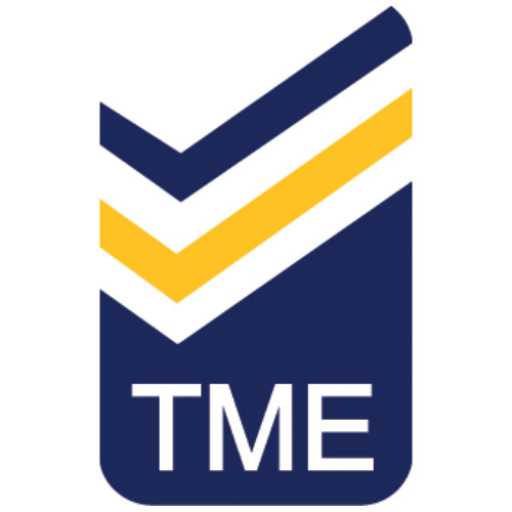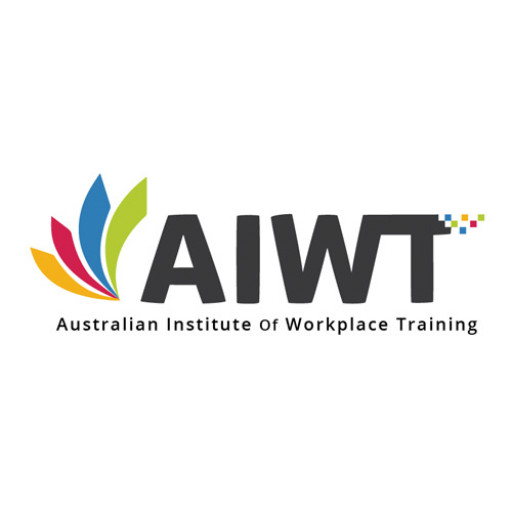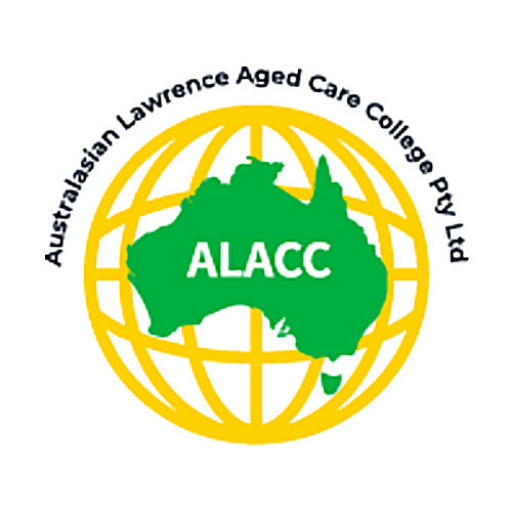Professional Development class designed to build up the skills and knowledge required to follow and implement Personal Protective Equipment (PPE) manual handling rules, report incidents and ensuring others are not at an increased risk of injury/illness.
The Personal Safety programme at TAFE NSW is designed to equip students with essential skills and knowledge to ensure safety and security in various environments. This comprehensive course covers fundamental principles of personal safety, risk assessment, and effective communication strategies to prevent and respond to potentially dangerous situations. Throughout the programme, students will learn about the legal and ethical aspects of personal safety, including understanding rights and responsibilities in different contexts. The curriculum emphasizes practical skills such as conflict resolution, self-defense techniques, and safe handling of emergency situations.
Participants will explore strategies for maintaining personal safety in diverse settings, including workplaces, public spaces, and community environments. The programme also focuses on awareness and prevention strategies to identify potential hazards and mitigate risks proactively. Students are trained in the use of safety equipment and the importance of situational awareness to enhance their confidence and ability to handle unforeseen events safely. The course includes scenarios and role-playing exercises that simulate real-world incidents, enabling students to apply their learning in controlled environments.
In addition to individual safety tactics, the programme covers teamwork and communication skills critical for collaborative safety efforts. Students will be introduced to policies and procedures related to safety management and emergency response protocols, preparing them for roles that require maintaining safety standards. The course also emphasizes the importance of mental resilience and stress management in emergency situations.
By completing this programme, students gain not only theoretical knowledge but also practical competence to promote safety in their personal and professional lives. Whether pursuing a career in community services, security, or health industries, participants will emerge from the programme with a solid foundation in personal safety principles that can be applied across various sectors. This training aims to empower individuals with the confidence and skills needed to contribute effectively to safer communities and workplaces, fostering a proactive approach to safety and security.
Students enrolling in the Personal Safety program at TAFE NSW are required to meet certain prerequisites that ensure their readiness to undertake the course effectively. Typically, applicants should have a basic level of literacy and numeracy skills to comprehend training materials and complete assessments successfully. Although there are no formal entry requirements specified for this program, it is recommended that participants have an interest in safety procedures, emergency response, and protective practices. Candidates may be asked to undertake an initial assessment to determine their suitability and to identify any additional support needs.
Participants must be physically capable of engaging in practical activities, which may include simulated safety scenarios, physical demonstrations, and handling safety equipment. A valid Working with Children Check may be required if the program involves working with minors or vulnerable populations, ensuring compliance with government regulations for safety and child protection.
Applicants should possess good communication skills to effectively participate in classroom discussions, practical exercises, and teamwork. The program also emphasizes the importance of a responsible attitude towards safety, professionalism, and adherence to legal and ethical standards in personal safety practices.
While prior qualifications are not mandatory, a background or experience in related fields such as community services, security, or emergency services may be advantageous but is not compulsory. The course is suitable for a diverse range of participants, including those seeking employment in security, community safety, or personal protection roles.
All students must comply with current health guidelines, including vaccination and safety protocols, especially in light of ongoing health considerations. It is recommended that candidates have access to the necessary personal protective equipment (PPE), which may be provided by the training provider. Successful completion of the program requires attendance at scheduled classes, engaging fully in practical exercises, and passing all assessments, which may include written tests, practical demonstrations, and scenario-based evaluations.
In summary, while formal prerequisites are minimal, prospective students should demonstrate a commitment to learning about safety procedures, possess appropriate physical and cognitive capabilities, and adhere to all health and safety requirements stipulated by TAFE NSW to successfully complete the Personal Safety program and advance their careers in safety-related fields.
The financing studies for the Personal Safety program at TAFE NSW are designed to provide flexible and accessible options for students seeking to enhance their skills in personal safety and security. TAFE NSW offers various funding opportunities, including government-subsidized training programs, fee assistance, and scholarship options to support students financially throughout their studies. For Australian citizens and permanent residents, the Commonwealth or State government may subsidize the cost of the course, reducing the overall financial burden. These subsidies mean that eligible students often pay significantly reduced tuition fees compared to international students or those not eligible for government assistance.
In addition to government funding, TAFE NSW provides payment plans that allow students to spread the cost of their education over manageable installments, making it easier to access quality training without financial strain. For individuals who may not qualify for subsidies or prefer to pay upfront, the institute offers competitive tuition rates aligned with industry standards, ensuring students receive value for their investment. International students are generally required to pay full course fees, which vary depending on the duration and specific components of the program.
Scholarship opportunities occasionally become available through partnerships and industry bodies, aimed at supporting students who demonstrate financial need or academic excellence. Furthermore, some students may access financial assistance through external funding sources or employer-sponsored training programs, especially if the training is part of professional development initiatives within their organizations. TAFE NSW also provides advice and guidance on available funding options during the enrollment process, helping students navigate their financial commitments effectively. Overall, the financing framework for the Personal Safety program at TAFE NSW is structured to promote equitable access to training, ensuring that financial barriers are minimized for eligible students while maintaining high-quality education standards.
The Personal Safety program offered by TAFE NSW is designed to equip students with essential skills and knowledge necessary to ensure personal safety and security in various environments. This course covers a range of topics including self-defense techniques, risk assessment, conflict resolution, emergency response procedures, and the use of safety equipment. Students will learn how to identify potential hazards, implement safety protocols, and respond effectively during emergencies. The curriculum emphasizes practical training through simulations and hands-on activities to prepare learners for real-world situations where personal safety is compromised. Additionally, the program addresses legal and ethical considerations related to safety practices, ensuring students understand their responsibilities and rights. The course welcomes individuals from diverse backgrounds seeking to enhance their personal security skills for professional or personal reasons. Completion of this program may lead to career opportunities in security services, community safety roles, event management, or personal protection. TAFE NSW’s instructional approach combines theoretical lessons with practical application, delivering comprehensive safety training tailored to current industry standards. The course is suitable for newcomers as well as those seeking to update or refine their safety skills. Students will receive certification upon successful completion, which can serve as a valuable credential in various roles emphasizing personal and community security. The training modules are designed to be engaging and accessible, accommodating different learning styles and levels of prior experience. Overall, the Personal Safety program at TAFE NSW aims to foster a safety-conscious mindset and empower individuals to act confidently and responsibly in situations requiring personal safety measures.









